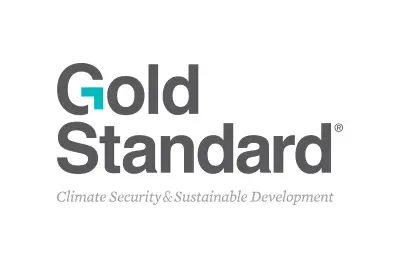This project is building methane digesters that are used to treat pig manure in rural parts of China. By capturing methane emissions and replacing coal fuel with biogas, this project reduces the amount of greenhouse gas emissions produced by local farming families.
Where & Why
China’s history of household pig farming extends back thousands of years. Traditionally, nearly every rural family in China raised at least one or two pigs per year. Though the emergence of industrial agriculture led to a decline in small-scale pig farming, many rural Chinese families still raise a few pigs of their own.
Pigs provide value to poor farming families by eating food scraps and producing manure that can be used to fertilize the fields. Typically, this manure is stored in uncovered pits. As the manure breaks down, it releases harmful methane emissions into the atmosphere which have 21 times the global warming potential of carbon dioxide.
Moreover, many of these rural Chinese households use coal-powered stoves for cooking and heating. Because coal is a fossil fuel, it emits carbon dioxide emissions when it is burned.
How & Who
This project is combating greenhouse gas emissions by constructing more than 15,000 methane digesters at rural households near Haikou City, China. These digesters are built under pig pens where they are used to treat the manure and capture methane emissions.
As the manure decomposes in the digester, it produces biogas, which is a cleaner source of energy than coal. Families are provided with biogas-powered stoves which they can use to cook meals and heat water. Because the biogas replaces coal as a fuel source, the project is expected to reduce more than 50,000 MT of greenhouse gas emissions each year.
In addition to mitigating climate change, this project also creates local employment opportunities related to the construction and maintenance of the digesters.

Environmental Benefits
- Combats climate change by reducing greenhouse gas emissions
- Provides a cleaner and more efficient energy source

Community Benefits
- Creates jobs in rural areas
- Improves air quality and health
Project Type

Energy
Location
Annual CO2 Reduction
53,680 metric tons CO2e
SDGs Supported
Verification Standard
Project Developers
Guizhou Honor Carbon Asset Management
Project Documents
Offset your Travel Footprint
Calculate and offset the carbon footprint of your flight in seconds via our online carbon calculator! Already know your carbon footprint? Click the option to “offset now.”






